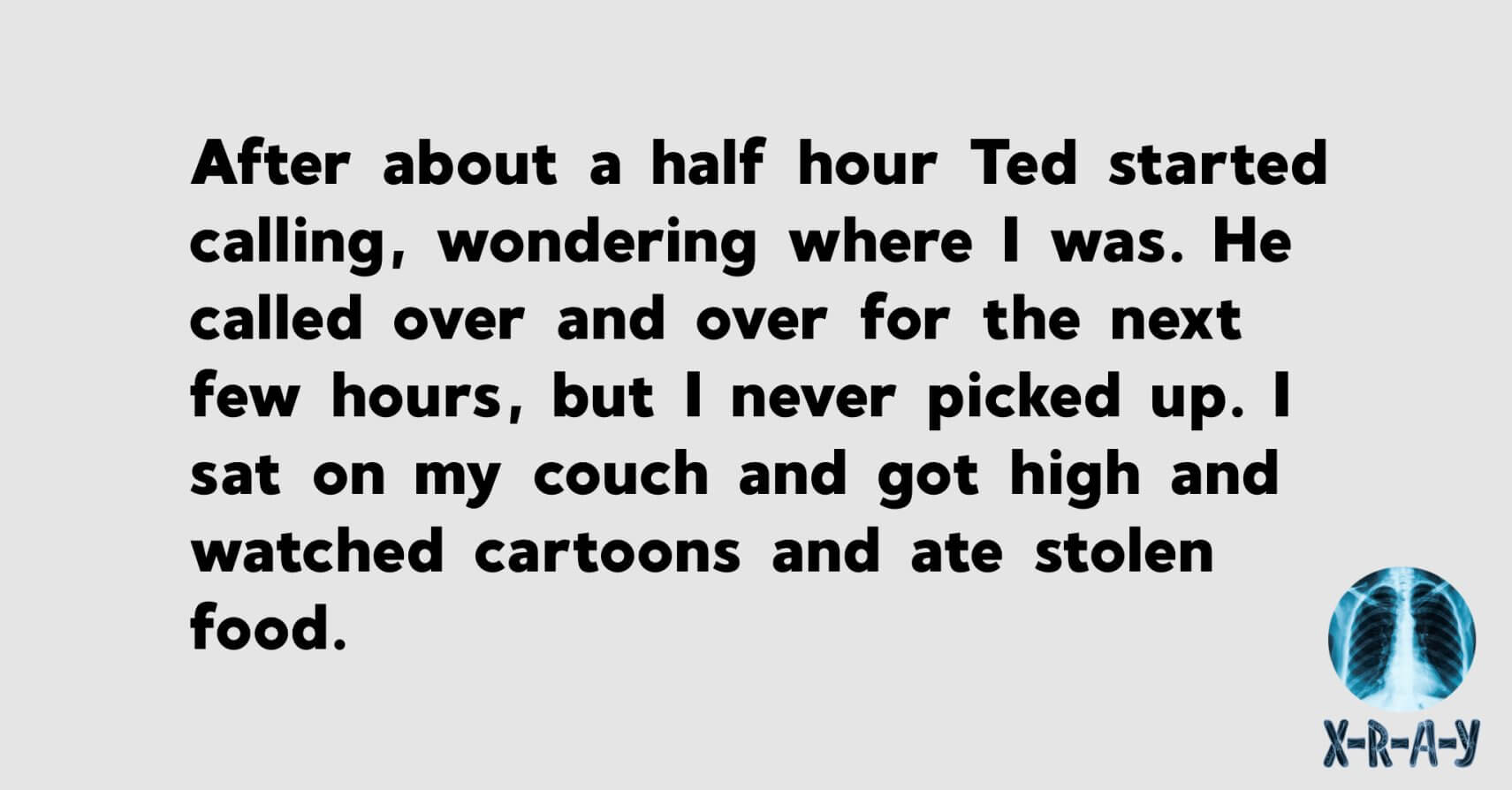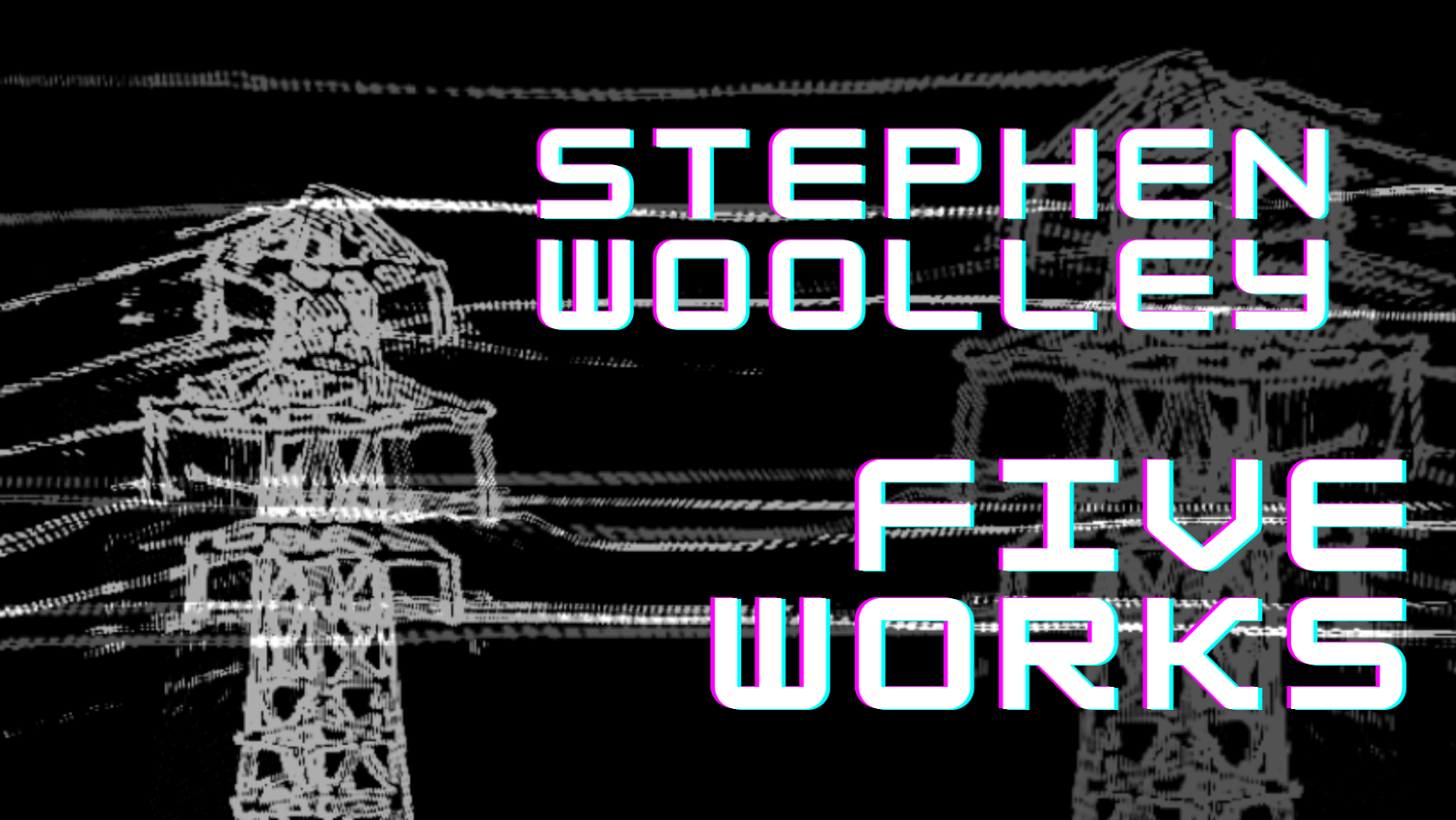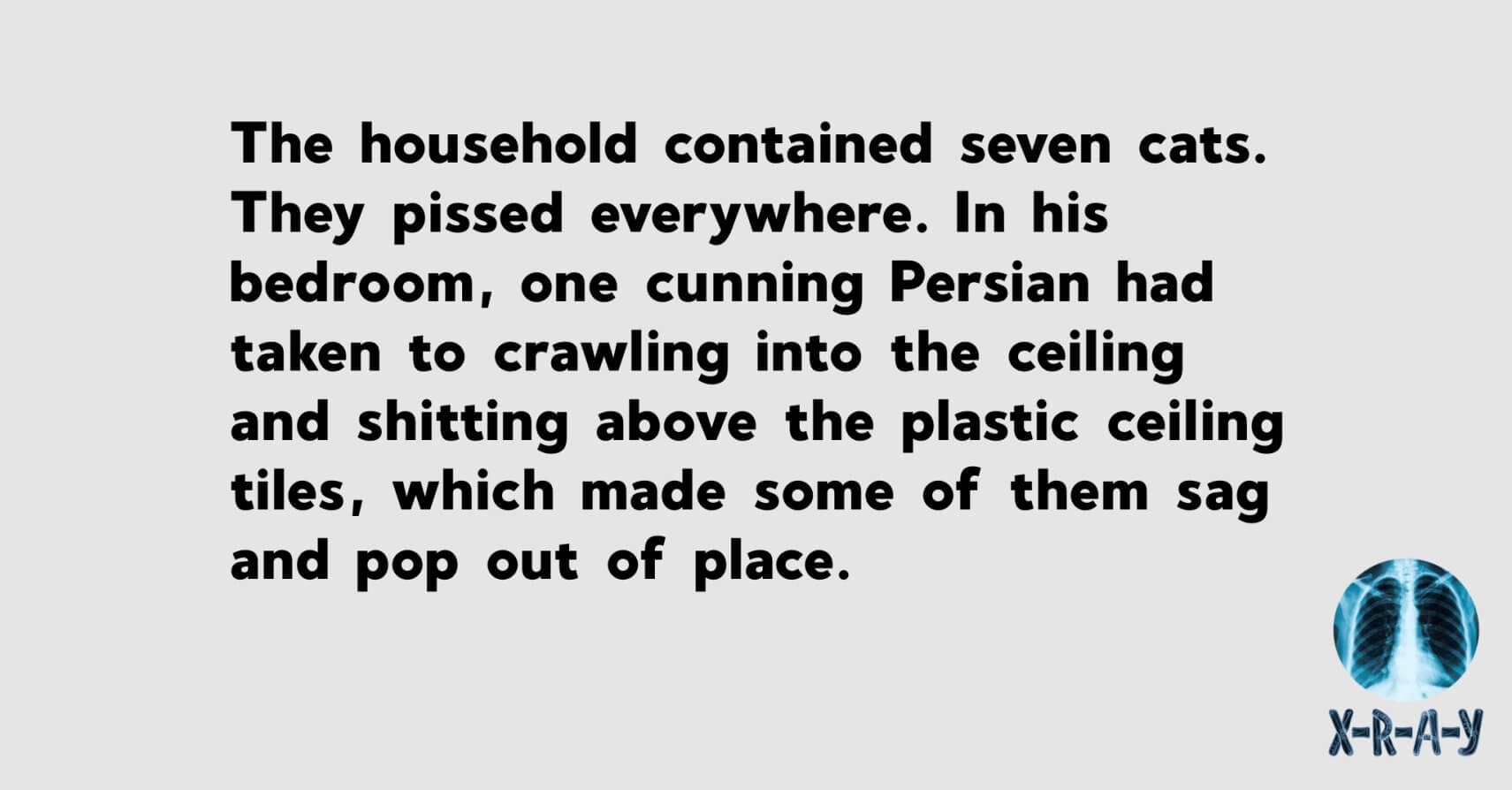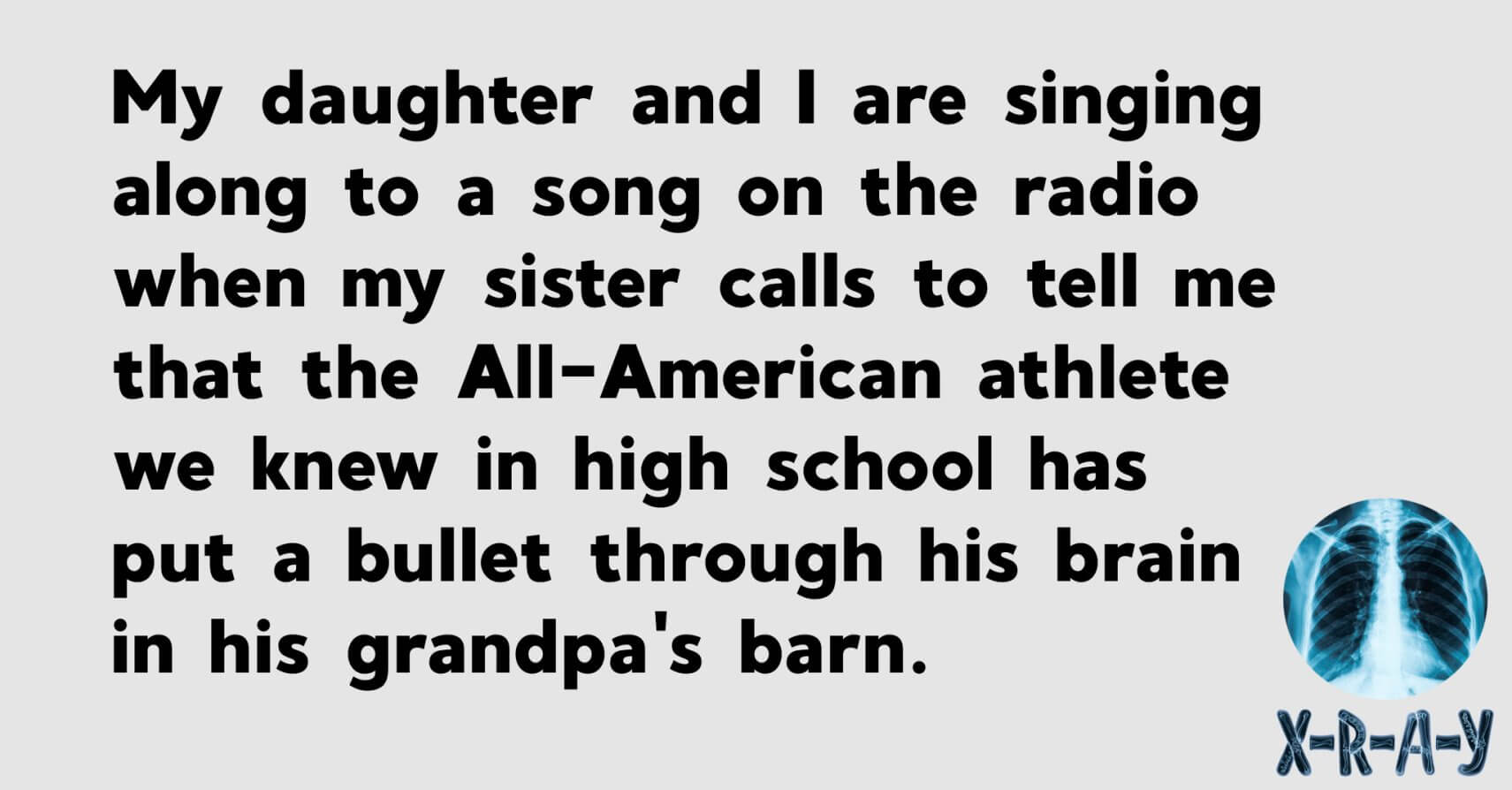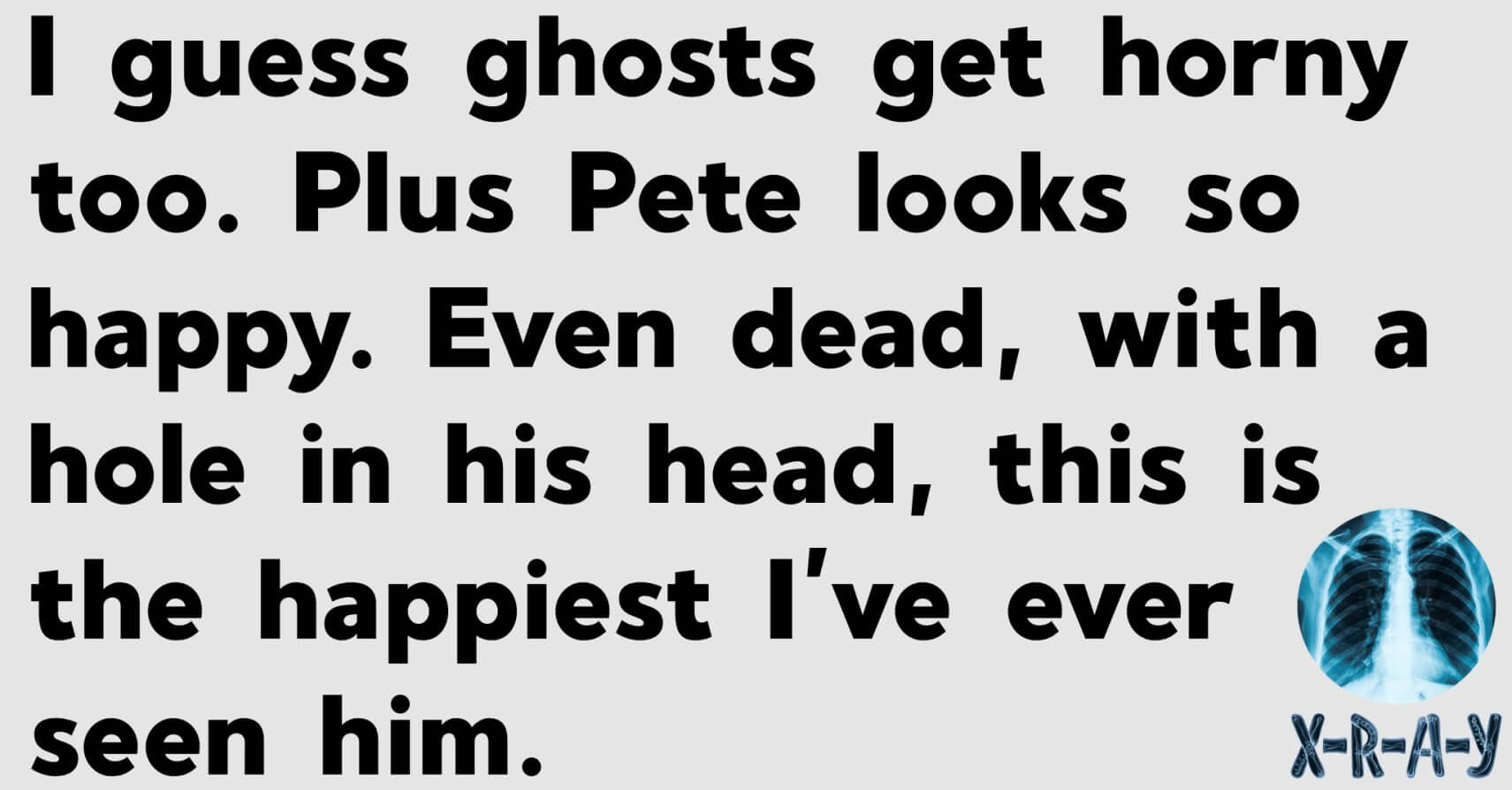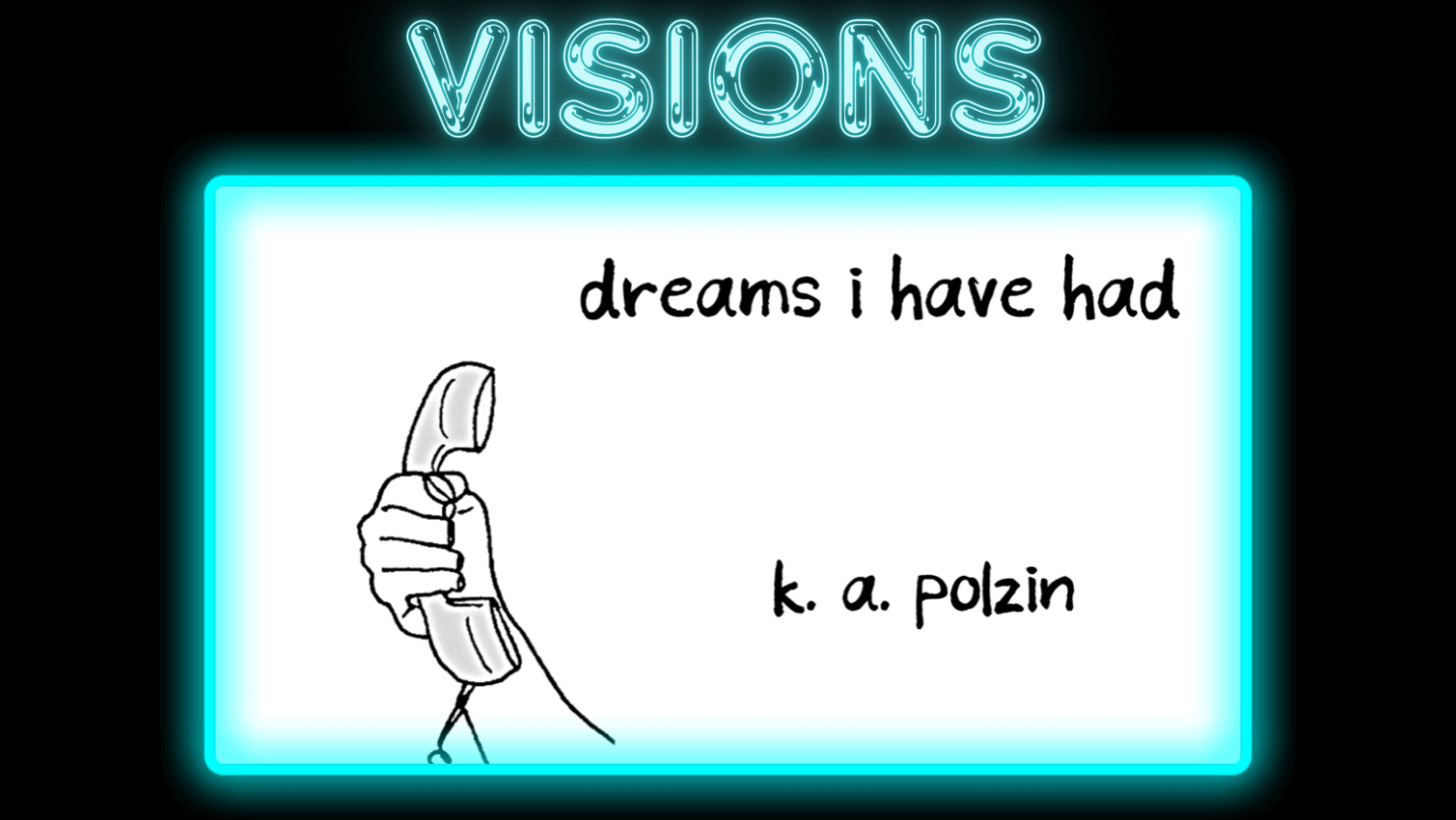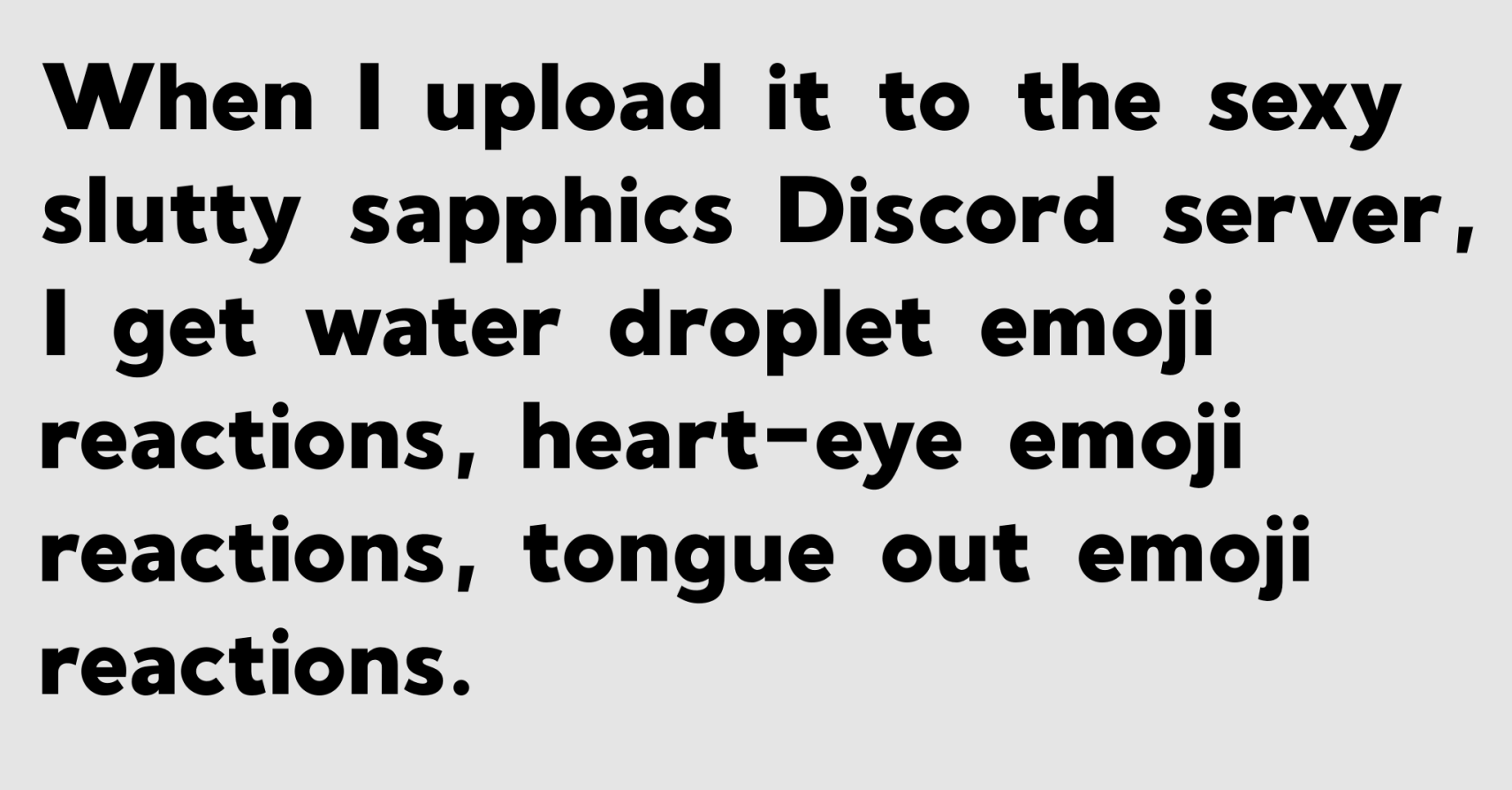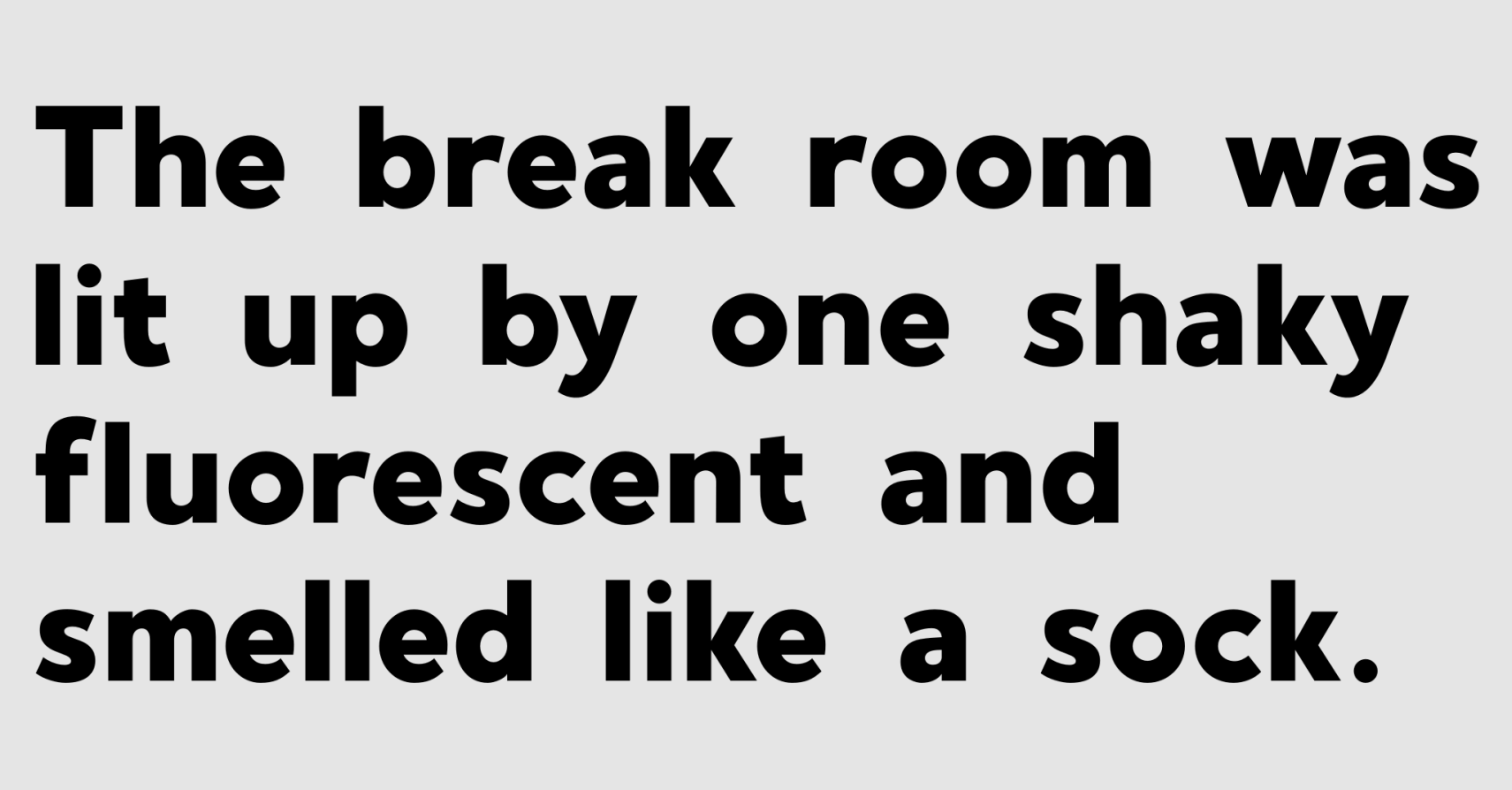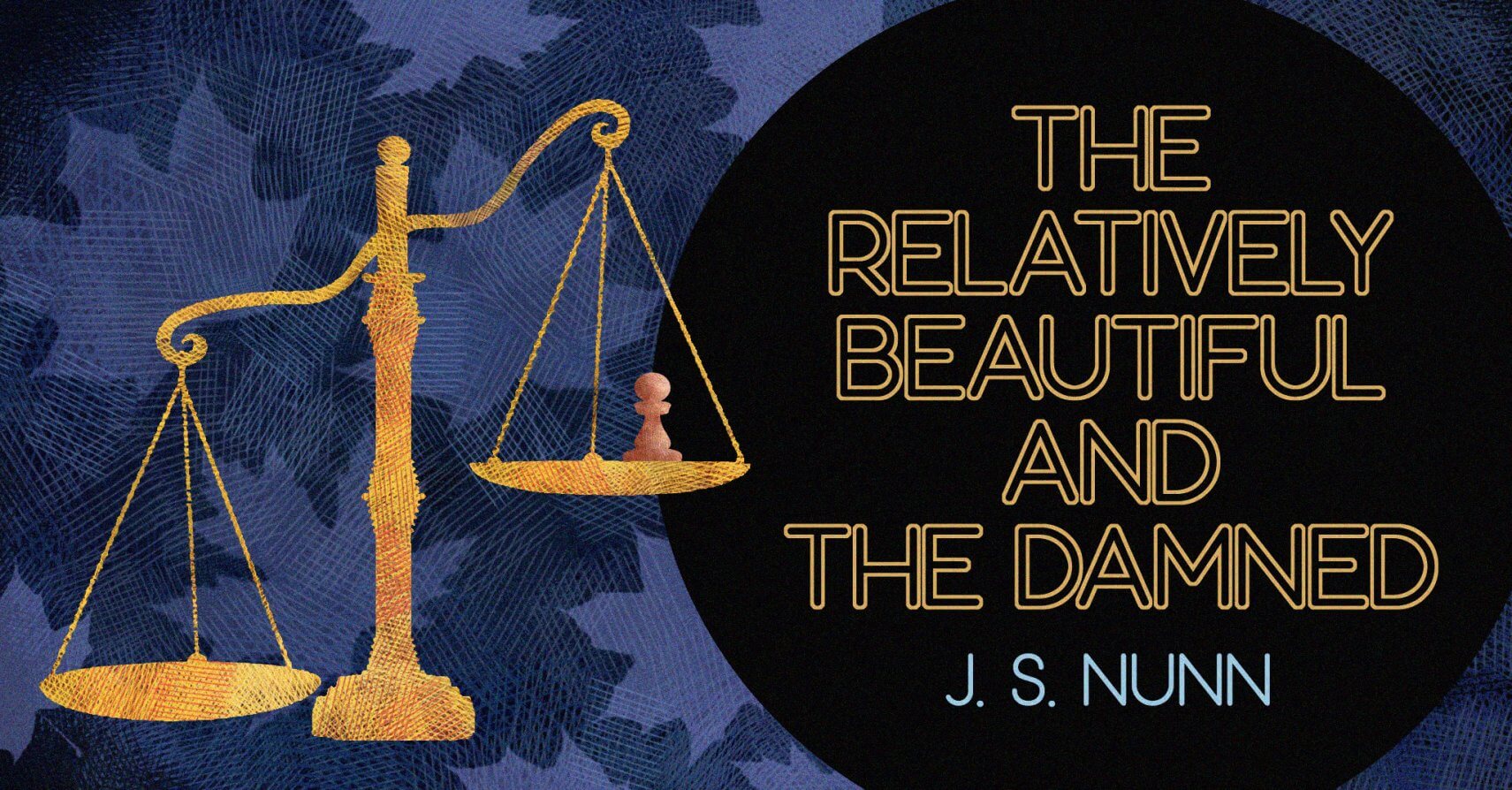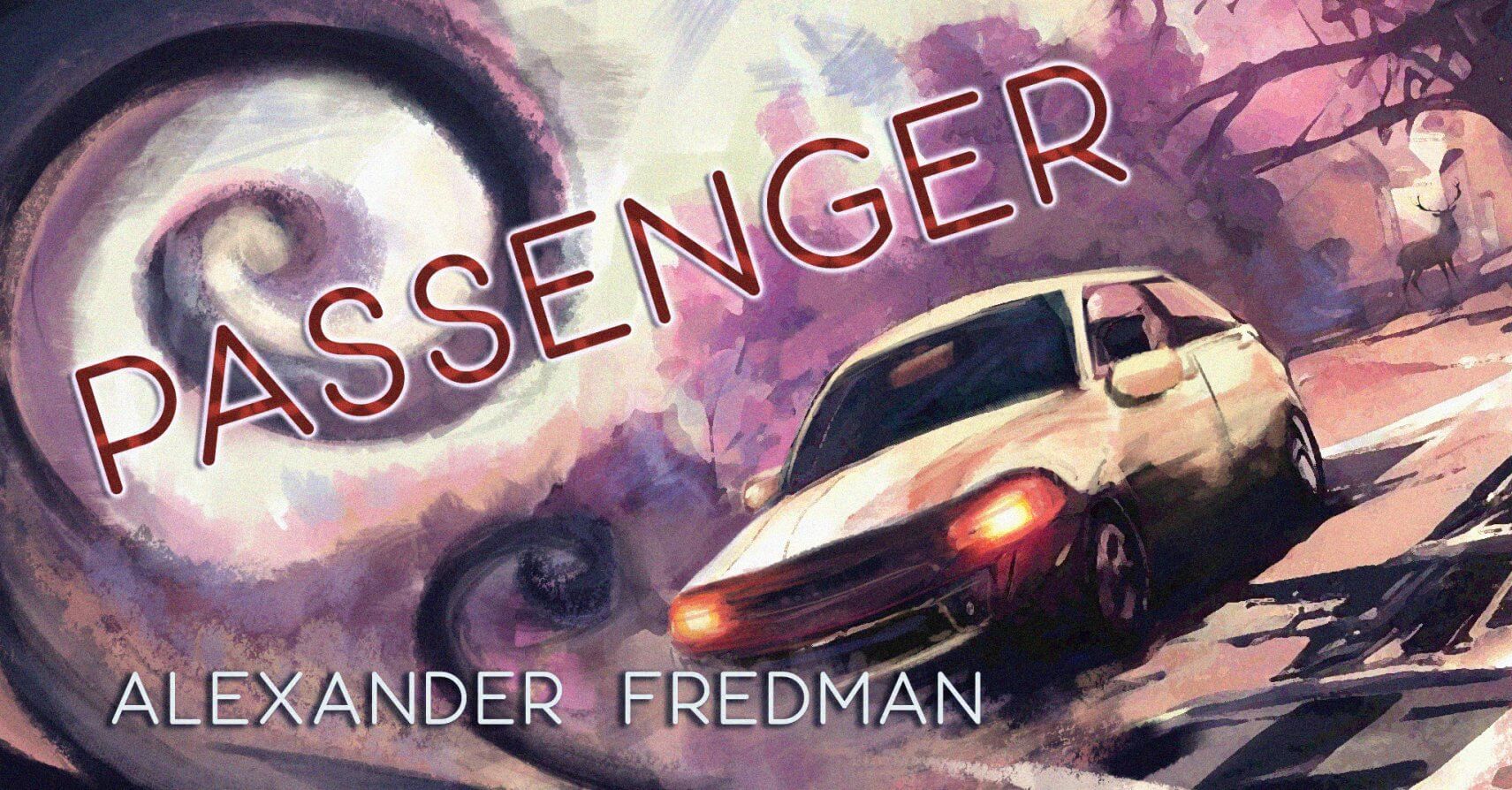May 1, 2024 · Fiction
THE BOTANIST by Seth Wade
admin7EyZHDb8HNC8btr3
Continue Reading...
April 25, 2024 · Fiction, Nonfiction
HALLELUJAH, NEVERTHELESS by Sarah Carson
admin7EyZHDb8HNC8btr3
Continue Reading...
April 23, 2024 · Fiction
My subconscious is unaware that I am no longer capable of giving piggyback rides to other adults.
admin7EyZHDb8HNC8btr3
Continue Reading...
April 22, 2024 · Fiction
DISPOSSESED by Rachael Marie Walker
admin7EyZHDb8HNC8btr3
Continue Reading...
April 18, 2024 · Fiction
The next day, I bought the cheapest plane ticket I could find and booked a night in the Super 8 outside of Coeur d’Alene. The room had red checkered half-curtains and free toothpaste.
admin7EyZHDb8HNC8btr3
Continue Reading...
April 11, 2024 · Fiction
I’ve found that hobbies are a great way to distract yourself from the fact that it’s too late to realize your potential.
Crow Jonah Norlander
Continue Reading...
April 9, 2024 · Fiction
A fissure opened in the earth. The car found it, slowing in the way that makes you realize how fast you were going.
admin7EyZHDb8HNC8btr3
Continue Reading...
